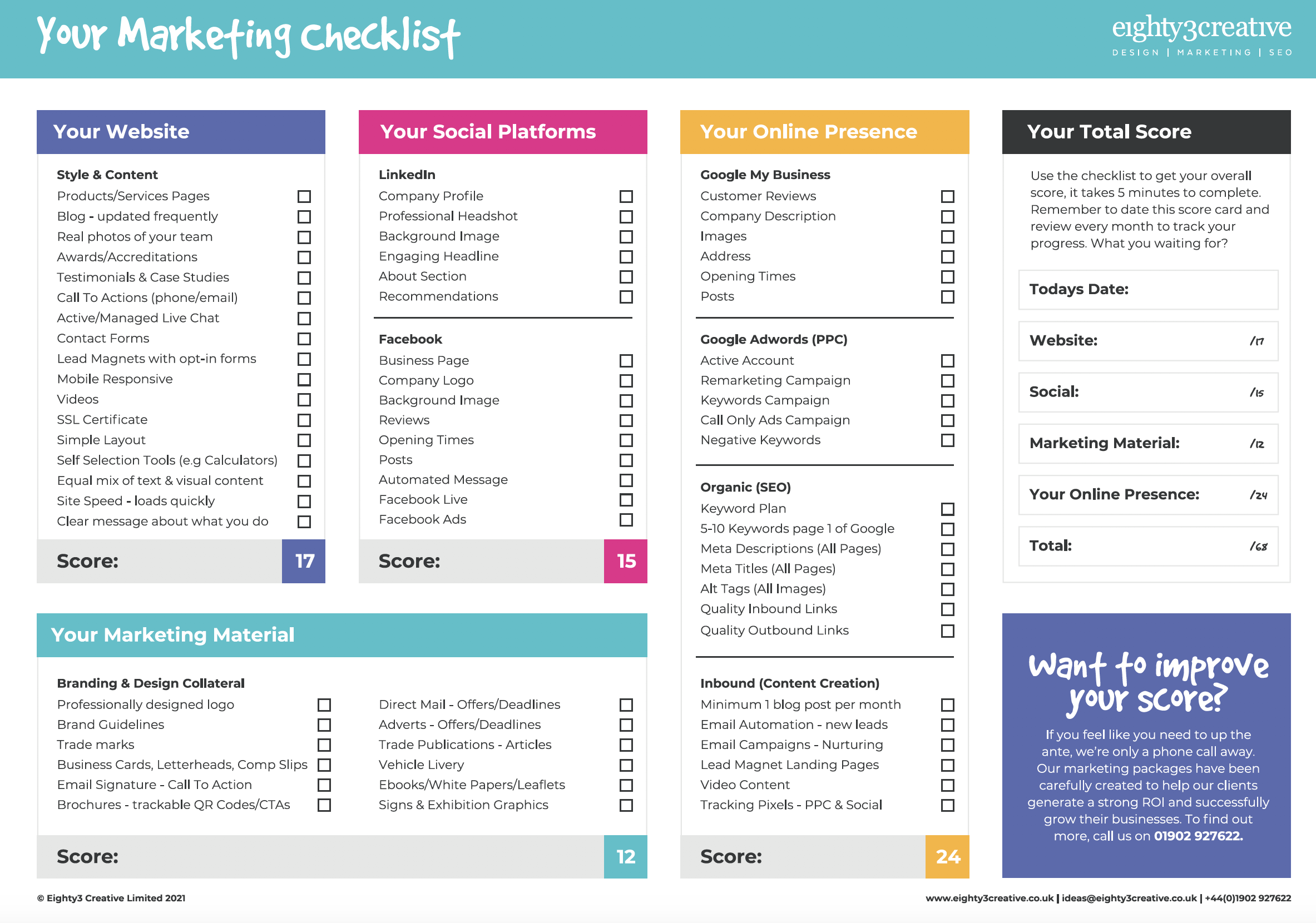What makes content high in quality? Simple.
Fresh, flowing, and unique ideas that offer value and solve problems create quality content.
For your content hit all the right notes, you must also bring creativity and vision into play. Solving a problem is one thing, but telling a story is another. According to Neil Patel, storytelling is what makes a truly great content marketer.
“It’s not the features and benefits of your product/service that sell—it’s the stories you tell.”
So, how do you integrate content marketing into SEO?
Quite simply, you need to produce consistent, engaging and valuable content. SEO algorithms can recognise the authority of content through many factors.
Naturally, the better you serve your consumer with quality, the more the content is read, shared and referred to. Being a valuable link to other websites also boosts your SEO credentials.
Cluster topics are another way to show your expertise in a field or subject and strengthen the relationship. So, think about your services or products and create various angles all discussing the same core subject.
For example, if you’re writing blogs, the subjects of these blogs can integrate and connect with one overall theme, enabling you to become in the eyes of Google and your audience, a master of the field.


